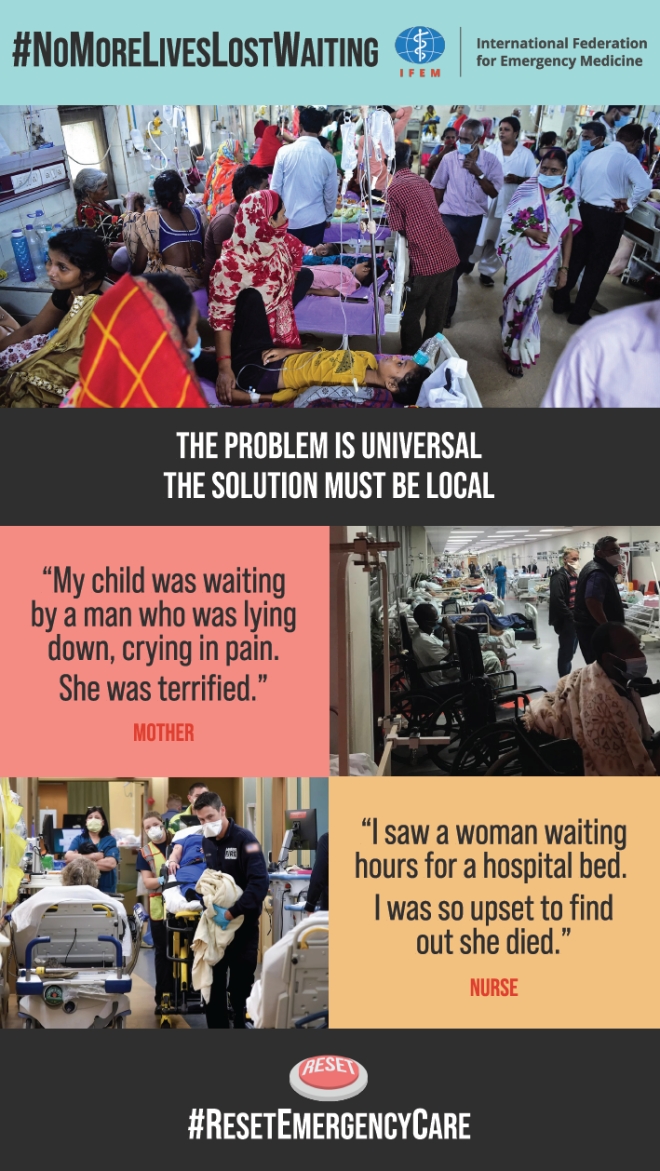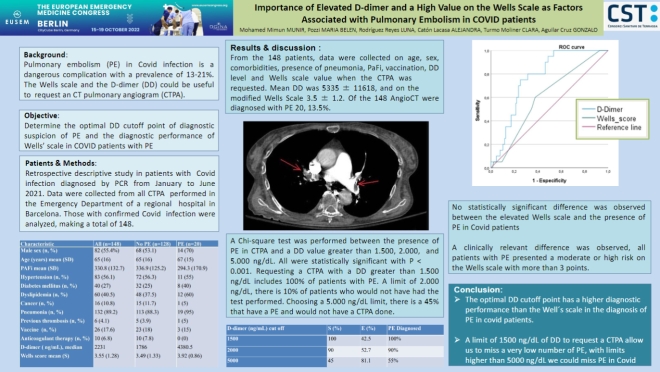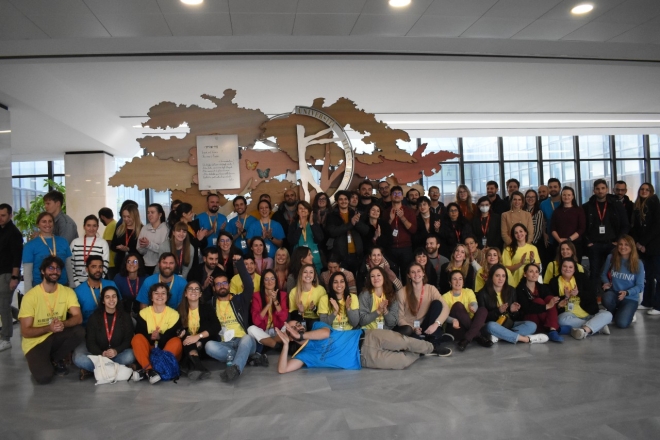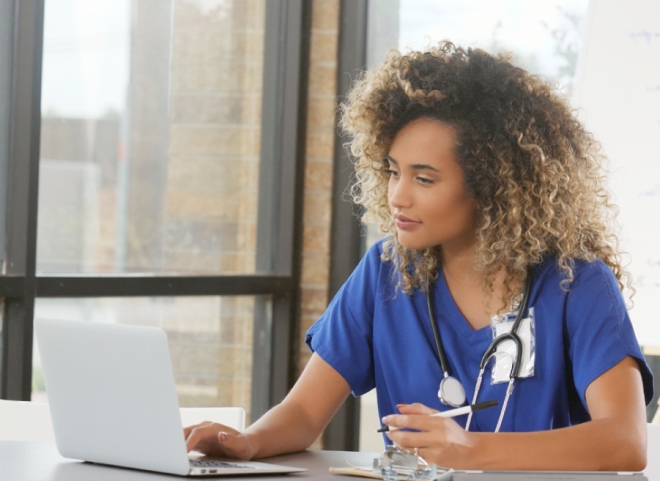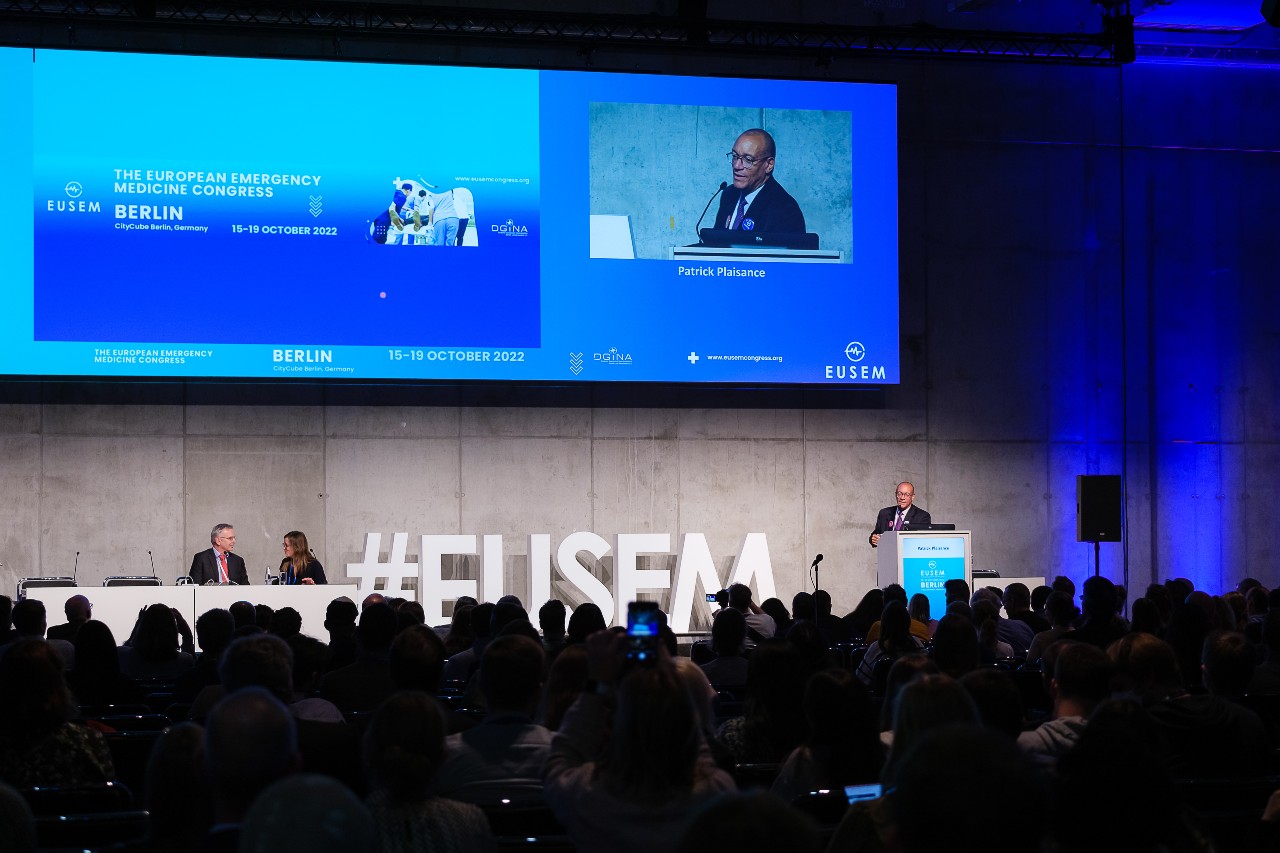
Deadline: 23 December 2022
We are looking for a volunteer to lead ECOC, for upcoming European Emergency Medicine Congresses (EUSEM Congress) in 2024-2027.
ECOC Chair
The ECOC chair must be an active member of EUSEM in good standing.
Responsibilities
Terms of Reference
Purpose of ECOC
Reporting lines
Meetings
Members & roles of ECOC
Objectives
The ECOC Chair is responsible for:
- Together with the EUSEM Office, the Conference Organiser and the EUSEM Board, maintaining oversight of the budget for the congress and ensuring that the congress does not operate at a loss.
- Convening ECOC meetings and ensuring that appropriate records and actions are maintained and circulated.
- Leading the ECOC in supporting the SCOC (Scientific Organising Committee), EUSEM Office and Conference Organiser in the practical delivery of EUSEM Congresses.
- Preparing reports for the EUSEM Board on the congress and overseeing evaluation of feedback from congress participants.
- Liaising with partnering societies (e.g. EUSEN) to develop activities
- Overseeing the Opening and Closing Ceremonies
If you would like to apply for this position, please send your CV and one page document outlining your interest in the position to Ms Davi Kaur, This email address is being protected from spambots. You need JavaScript enabled to view it..
Terms of Reference for European Emergency Medicine Congress (EUSEM Congress)
The European Emergency Medicine Congress (EUSEM Congress) is the largest annual congress in Europe for Emergency Medicine and the main dissemination platform of EUSEM. It is a core activity of the Society and is coordinated by the EUSEM Congress Organising Committee under the supervision of the EUSEM Board.
To act as a strategic and operational body to plan and implement the annual Congress on behalf of the EUSEM, with responsibilities including:
- Oversight of the congress budget
- Management of the professional conference organizer
- Oversight of the congress sub-committees
- High-level relationships with external organizations (industry, policy-makers, other societies) in relation to congress
- Strategic management of ECOC
ECOC will report to the EUSEM Board.
Reporting occurs through meeting minutes, and by presentations from the ECOC Chair, who will attend Board meetings Ex-Officio.
ECOC has two sub committees:
- Scientific Congress Organizing Committee (SCOC)
- Abstract committee
These will report to ECOC. Reporting occurs monthly, via meeting minutes and by oral/written reports from the Chairs at ECOC meetings.
- ECOC will meet at least once in person during the annual congress
- ECOC will meet virtually monthly on average (frequency may vary during the year), The Chair will approve the agenda of all meetings and it will be circulated to members at least 5 days prior to the meetings.
- The minutes of meetings will be recorded, circulated and formally agreed via email.
Membership will include the following:
- Chair
- SCOC Chair
- Abstract Chair
- EUSEM President
- Industry Liaison Officer
- Treasurer
- CEO of EUSEM
- Representative of the Local National Society
- Representative of the EUSEN
- Representative of YEMD section
- Congress Communication Officer
In addition, the following will be invited to attend ECOC meetings but will not have a vote:
- EUSEM staff responsible for the congress
- Representative of the conference organizer
All Chairs will be appointed by the EUSEM Board.
Unless otherwise agreed, nominated members commit themselves to serve on the ECOC for a term of up to 3 years, with the possibility to extend it by an additional term of up to 2 years.
- To maintain and develop the Congress as the major annual meeting in Europe on Emergency Medicine and the major dissemination platform for EUSEM.
- To share and exchange best clinical practice in Emergency Medicine.
- To deliver the best scientific research data to the EM community.
- To ensure that the Congress is self-sustaining and does not operate at a loss.
- To guarantee the practical delivery of the congress by the Congress Organizer, SCOC and Abstract committees.
- To ensure that the congress is representative of, inclusive and accessible to Emergency Medicine specialists and related communities (including academic, industrial, policy, outreach and education) across Europe, in terms of topical interest, cost and geographical location.

